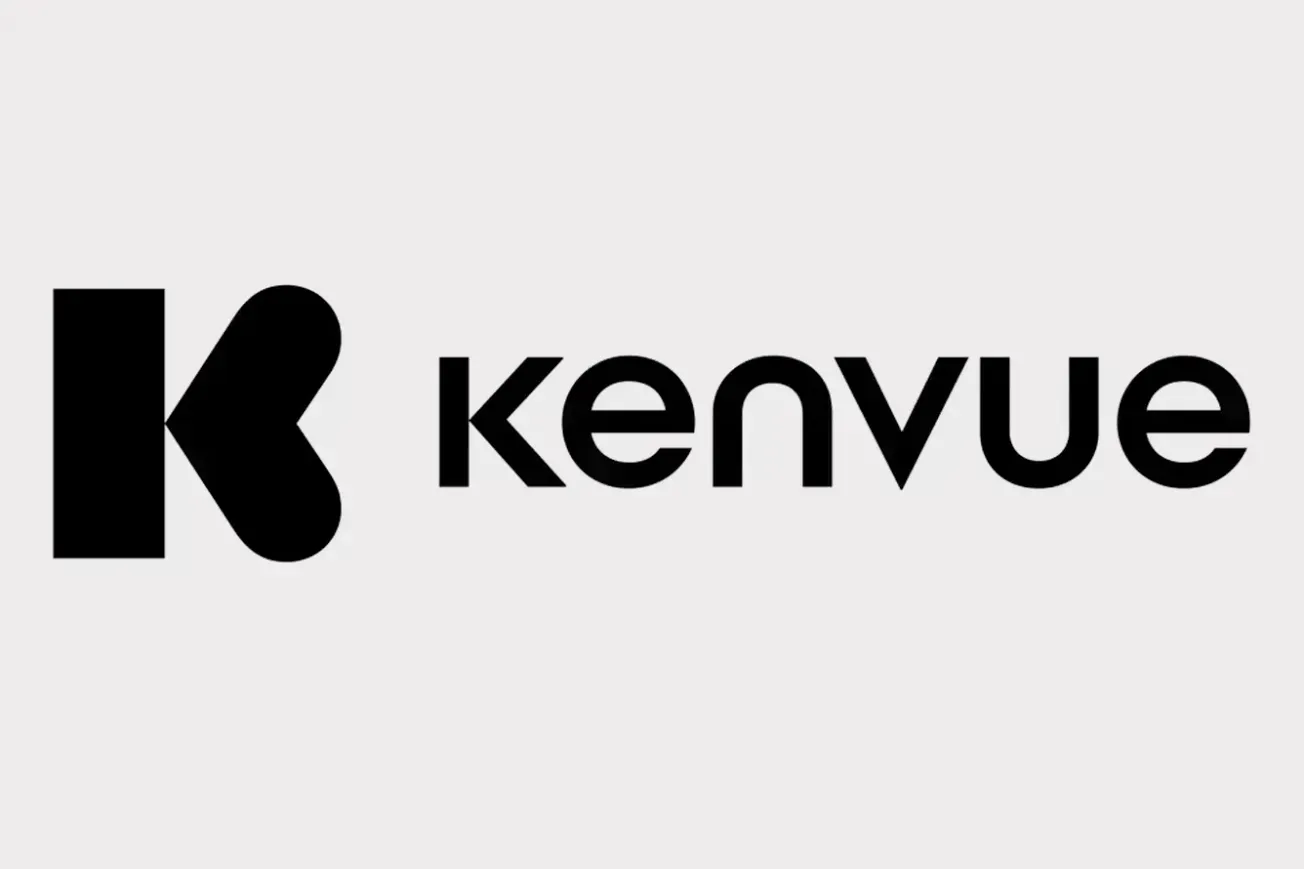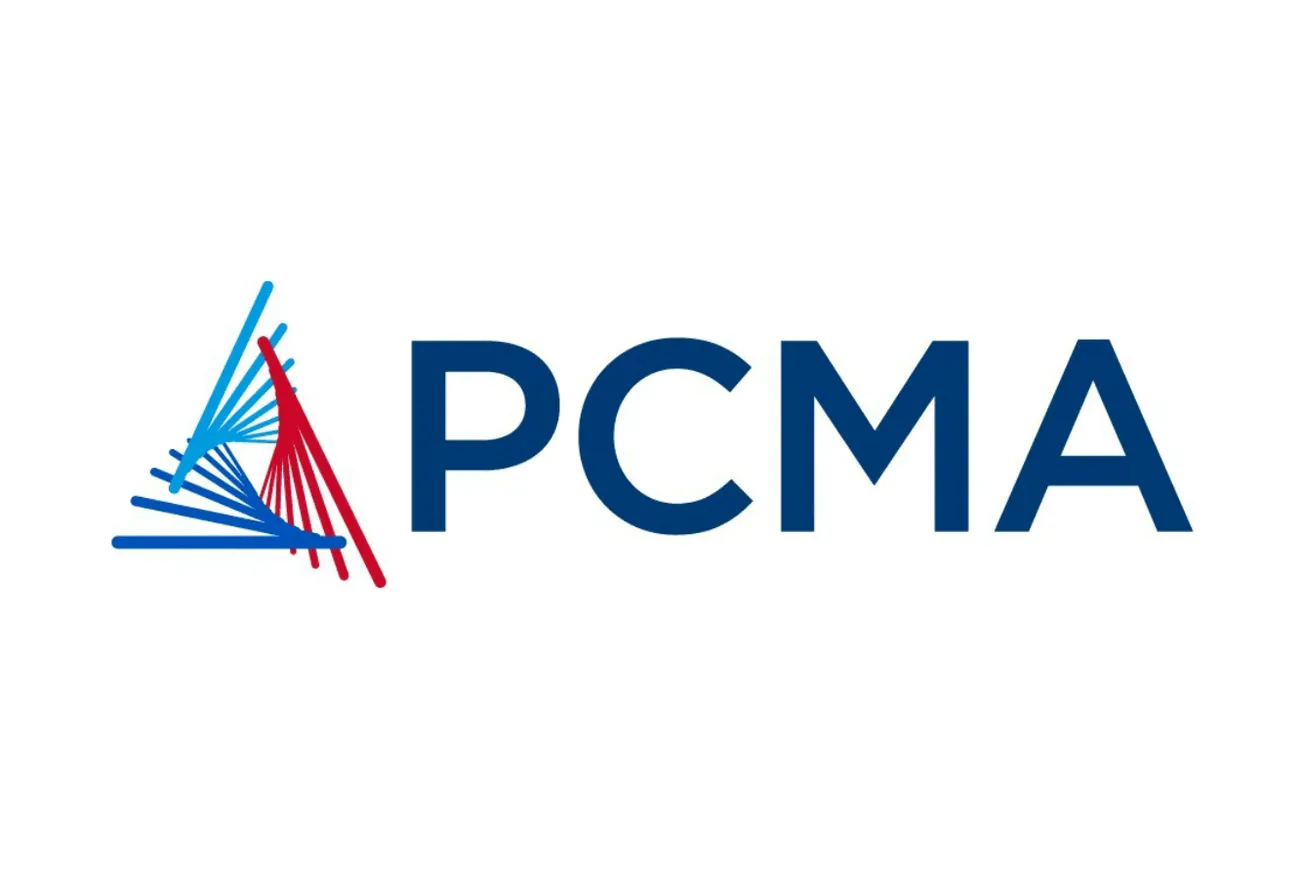LONDON — AstraZeneca plans to buy Omthera Pharmaceuticals, a Princeton, N.J.-based specialty pharmaceutical company focused on medications for dyslipidemia.
Under the deal announced Tuesday, London-based AstraZeneca said it’s acquiring Omthera for $12.70 per share, or about $323 million, which has an enterprise value of approximately $260 million after incorporating Omthera’s cash balances of $63 million. The per-share price represents a premium of 88% on Omthera’s closing price on May 24, according to AstraZeneca.
Omthera specializes in the development and commercialization of new therapies for abnormal lipid levels in the blood, or dyslipidemia. Its investigational product Epanova, for the potential treatment of patients with very high triglycerides, is a novel omega-3 free fatty acid composition that has been shown to bolster levels of eicosapentaenoic acid and docosahexaenoic acid significantly in the blood, according to AstraZeneca.
In studies to date, Epanova — a coated, soft gelatin capsule containing a complex mixture of polyunsaturated free fatty acids derived from fish oils — has been shown to reduce triglyceride levels and improve other key lipid parameters and is expected to increase convenience for patients by providing both 2- and 4-gram, once daily doses with or without meals, the company said.
Omthera is slated to file a new drug application (NDA) in the United States for Epanova in mid-2013 for patients with severe hypertriglyceridemia (triglyceride levels greater than or equal to 500 mg/dL), with regulatory filings in other markets to follow. AstraZeneca said it aims to file a supplemental NDA for Epanova as a treatment for patients with mixed dyslipidemia (triglyceride levels of 200 to 499 mg/dl), as well as in a fixed-dose combination with Crestor (rosuvastatin calcium) for those mixed dyslipidemia patients at high risk of a cardiovascular event. AstraZeneca added that it intends to pursue a large-scale cardiovascular outcomes trial for Epanova in combination with statins.
"The number of people with elevated triglyceride levels is rising rapidly across the world, due in part to the increasing prevalence of obesity and diabetes. There is a clear need for effective and convenient alternatives to some of the existing treatments," stated Pascal Soriot, chief executive officer of AstraZeneca. "Epanova offers real potential both as a distinctive monotherapy for the treatment of hypertriglyceridemia and in combination with Crestor for patients at high risk of adverse cardiovascular events. This is an exciting acquisition that clearly complements our existing portfolio in cardiovascular and metabolic disease, one of our core therapy areas."
Both Omthera’s and AstraZeneca’s boards have approved the acquisition agreement, which the companies said they expect to close in the third quarter, pending customary regulatory approvals.
In addition to the cash payment under the deal, each Omthera shareholder will receive up to $4.70 per share, or up to $120 million in total, if specified milestones related to Epanova are achieved, which would bring the overall potential acquisition cost to about $443 million.
"We are delighted to be joining AstraZeneca, a leading pharmaceutical company with a proven track record in the development and commercialization of global brands in the area of cardiovascular disease," commented Gerald Wisler, president, chief executive officer and co-founder of Omthera. "We believe strongly that AstraZeneca can maximize the value of Epanova not only as a monotherapy treatment for dyslipidemia but also as a treatment for cardiovascular disease in combination with Crestor."







